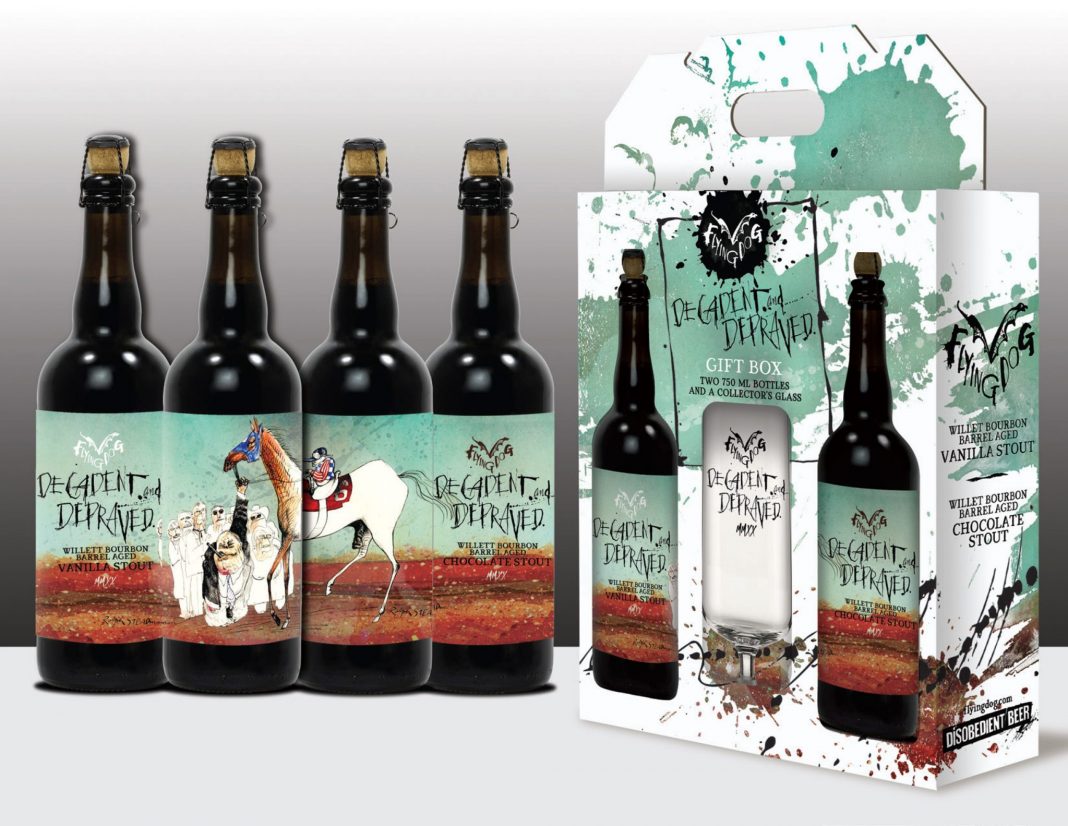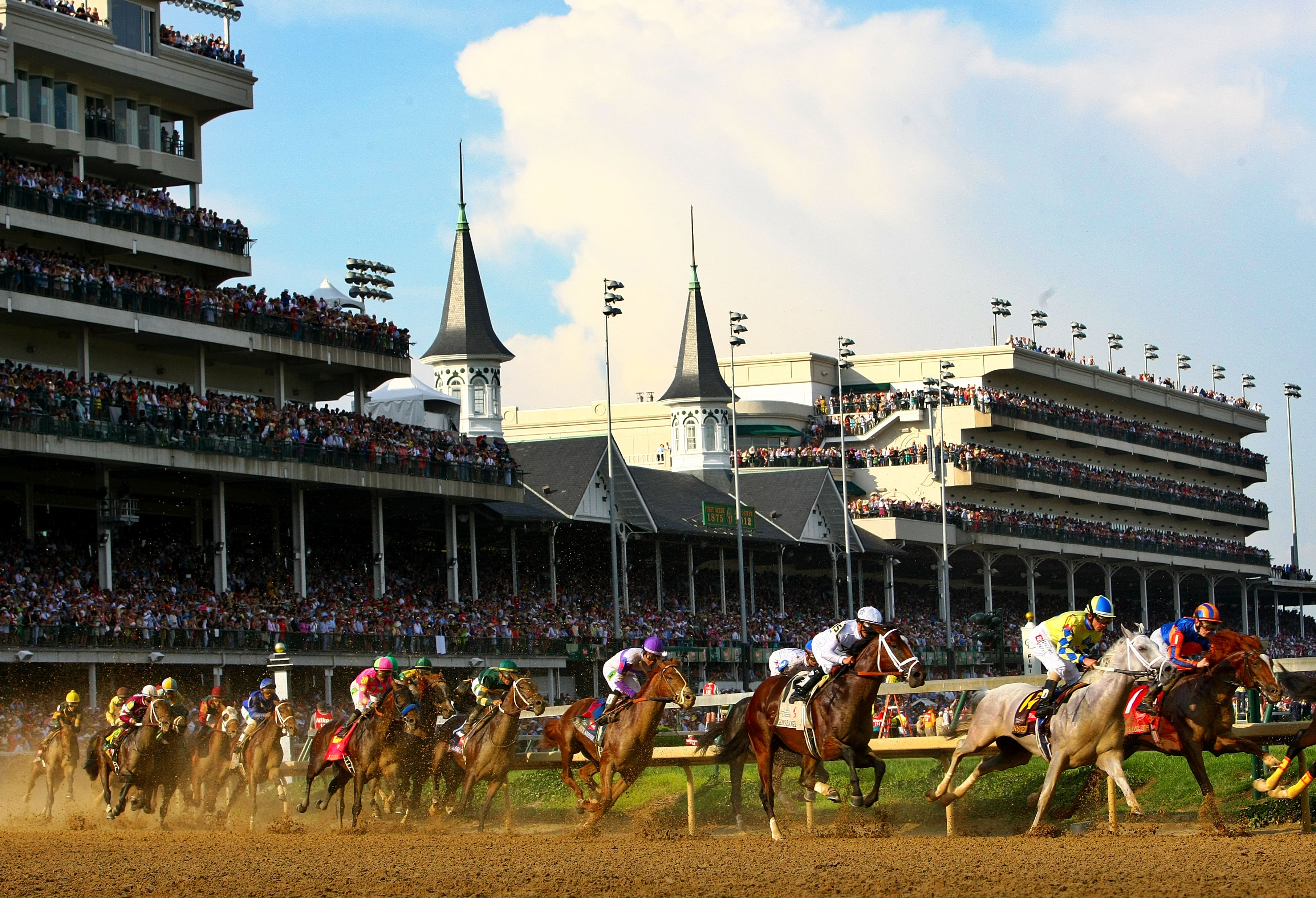A half-century ago, a native Louisvillian observed that the Kentucky Derby hasn’t ever been exactly as it appears, and this is more accurate than ever in 2020, when the pandemic has caused the race to be moved to today, and most of its pageantry curtailed.
Hunter S. Thompson had arrived.
(Ralph) Steadman wanted to see some Kentucky Colonels, but he wasn’t sure what they looked like. I told him to go back to the clubhouse men’s rooms and look for men in white linen suits vomiting in the urinals. “They’ll usually have large brown whiskey stains on the fronts of their suits,” I said. “But watch the shoes, that’s the tip-off. Most of them manage to avoid vomiting on their own clothes, but they never miss their shoes.”
Thompson grasped the Kentucky Derby better than most, and his 1970 account remains essential reading precisely because it deconstructed the mythology and described what the Kentucky Derby symbolized — what it “was” — as foreshadowing for what it very shortly would become.
(The Texan) had, after all, come here once again to make a 19th century ass of himself in the midst of some jaded, atavistic freakout with nothing to recommend it except a very saleable “tradition.”
Big-ticket events like the Kentucky Derby always have been exceptions to the rule — capstones, exclamation marks. Breeding thoroughbred horses and racing them is a big business, albeit not exactly what is was 50 years ago. The conversion of Churchill Downs from racetrack to entertainment complex proceeds toward inevitability, and just as surely the old-school, tactile joys of an outing with the ponies, bourbon and burgoo recede into the distance.
A few years back, F&D’s bourbon columnist Susan Reigler (musician, author, educator and former local restaurant critic) was chatting with Sara “Bar Belle” Havens. Reigler phrased it beautifully in a single sentence.
(Reigler’s) affinity — or awareness, we should say — for bourbon came much earlier in her life, when she would spend Saturdays at Churchill Downs with her family.
“The track in those days always smelled of old wood, cigars, popcorn and bourbon — quite a special combination,” says Reigler.
Couple this with my memories of Heywood Hale Broun doing his televised racing commentaries. First and foremost, the man could write.
To be great, a horse must have metaphorical wings. In mythology we punished wax-winged Icarus for flying too close to the sun, but in recognition of the nobility of their singlemindedness, mythology has let the chariot horses of Apollo traverse the sky. Race horses do not chaffer over money, get into bar fights or endorse horse blankets and aluminum shoes. They combine strength, grace, beauty and speed as perhaps no other link in the Darwinian chain can manage (cheetahs have funny-looking shoulders).
There was a certain poetic flair, albeit oblivious, to the way the Courier-Journal of old used to cover the varied expressions of Churchill Downs pageantry, a quality of an indefinable “something” both venerable and genteel involving rites of spring, colorful flowers, exclusive balls and parties, and as a last resort, the horses themselves. Customs were handed down from one generation to the next, and honored.
In 1970, Thompson recorded a snapshot of the Kentucky Derby of the post-war American imperial era. The 2020 distractions of COVID aside, comparing 1970 to what all of mass market entertainment has become in the social media era of celebrity-besotted, Disney-cum-Vegas, plasticized swipe-card, UPC-tattooed entertainment experiences, it might as well have been 1905.
But Louisville’s annual Kentucky Derby celebrations will live on, as traditions do, with certain of the bits removed, and others added. To paraphrase Heraclitus, Louisvillians never attend the same Derby party twice, for it’s not the same party, and they’re not the same Louisvillians.
The connection between Hunter S. Thompson, the Kentucky Derby and Flying Dog Brewery (Frederick, Maryland) is the artist Ralph Steadman, who began illustrating Flying Dog’s labels back when it was a start-up in Aspen, Colorado. Of course Thompson lived there and famously ran for sheriff, also in 1970.
Kirby Adams has the byline at the Louisville Courier-Journal: “The 50th anniversary of Hunter S. Thompson’s iconic Kentucky Derby essay gets its own beer.”
Flying Dog Brewery celebrates the 50th anniversary of “The Kentucky Derby is Decadent and Depraved” by Louisville native Hunter S. Thompson and illustrated by Ralph Steadman. “Decadent and Depraved” is a limited edition gift box featuring Steadman’s artwork and stouts aged in Kentucky bourbon barrels … the 50th-anniversary gift boxes include two different 8% milk stouts which were aged for three months in bourbon barrels from Willett Distillery in Bardstown, giving the beers a hint of bourbon flavor, with notes of spice and caramel.
Adams adds, “A limited run of 115 boxes were created and will be sold primarily by Total Wine and Liquor Barn locations in Louisville. In addition, single bottles and growler fills will be available at select locations including World of Beer, 9850 Von Allmen Court.”
Photo credit: Flying Dog Brewery.


























